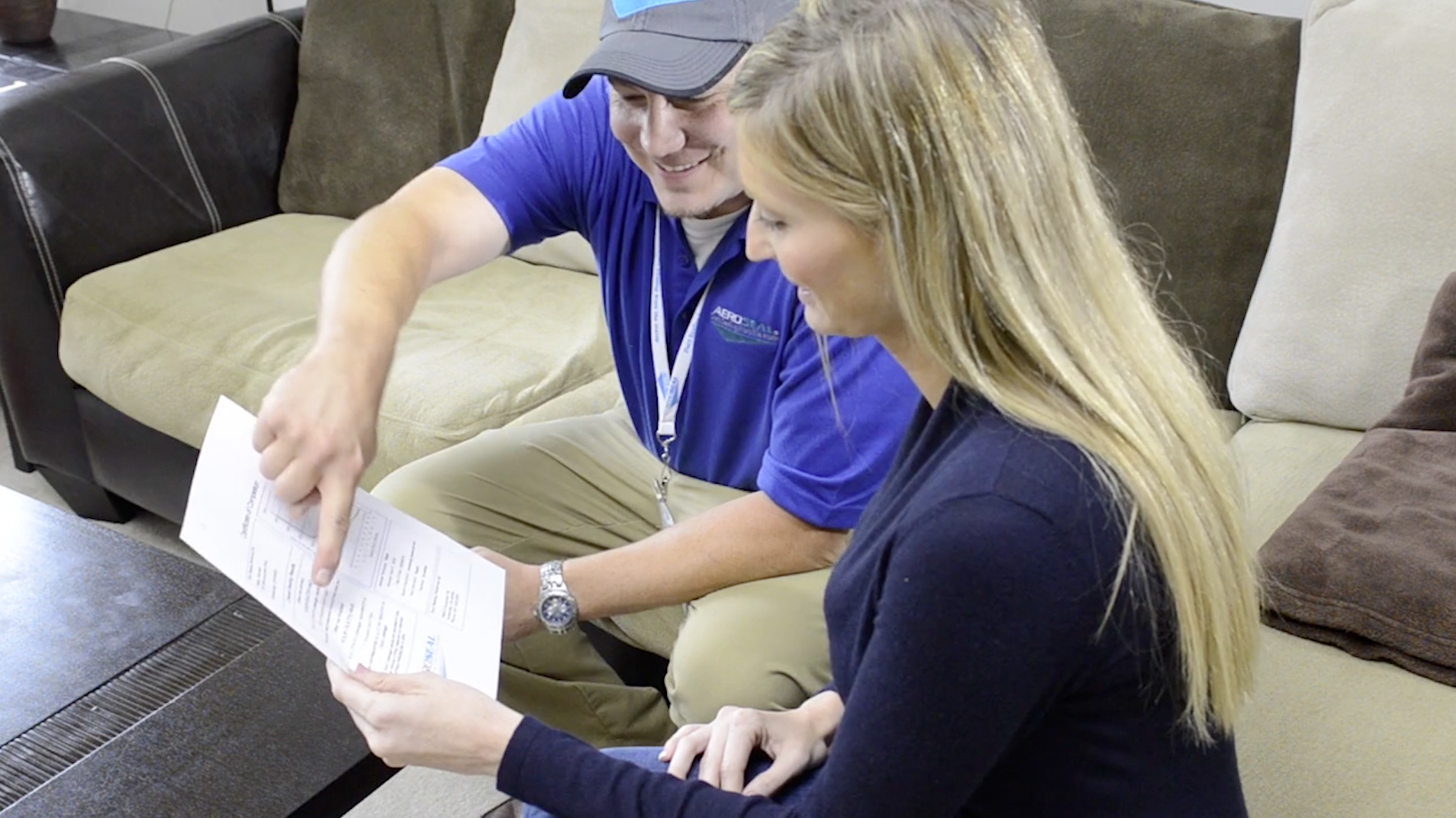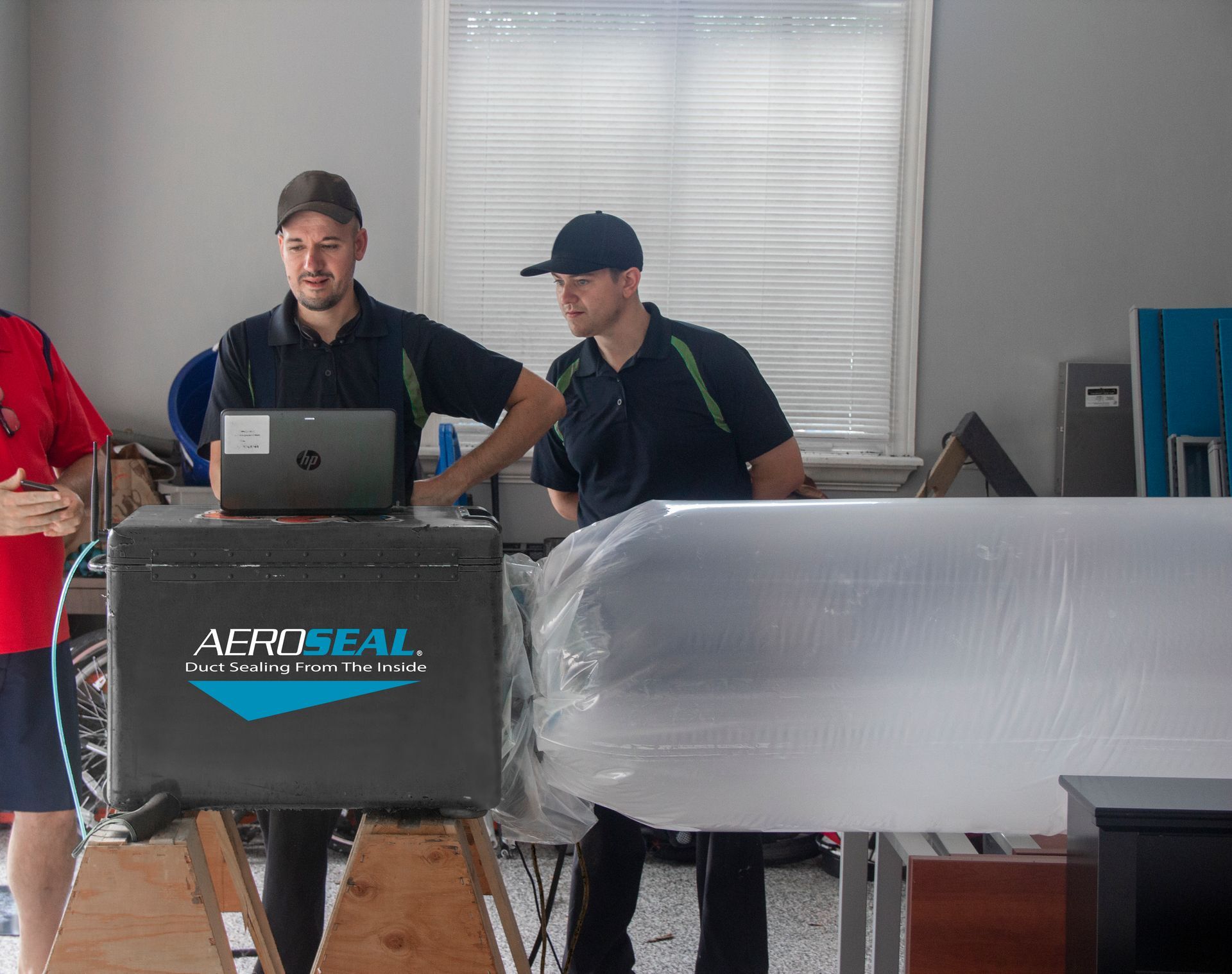Energy Saving into 2024
Sealing the Deal: Saving Energy with Air Sealing, Insulation, and Duct Sealing

Keeping your home comfortable while minimizing energy costs in 2024 and beyond hinges on preventing unwanted air exchange. Enter the triple threat of air sealing, insulation, and duct sealing: your allies in conquering energy waste.
1. Air Sealing: Think of it as plugging the leaks in your house. Air leaks around windows, doors, electrical outlets, and even tiny cracks in the foundation allow conditioned air to escape and unconditioned air to sneak in. This forces your HVAC system to work harder and drives up your energy bills.
How to air seal:
- Inspect and caulk: Use caulk to seal gaps around windows, doors, and pipes.
- Weatherstrip: Apply weatherstripping to doors and windows for a snug fit.
- Seal electrical outlets and switch boxes: Use foam gaskets to prevent air leaks.
- Address attic and basement air leaks: Seal gaps around hatches, pipes, and wires.
2. Insulation: This is your thermal armor. Proper insulation in walls, attics, and basements prevents heat from escaping in winter and cool air in summer. It's like wearing a sweater for your house!
How to insulate:
- Add attic insulation: Aim for R-value of 38-49 depending on your climate.
- Insulate basement walls and rim joists: R-value of 13-19 is recommended.
- Consider wall insulation: Especially if your walls are old or poorly insulated.
3. Duct Sealing and Insulation: Your ductwork, the veins of your HVAC system, can be riddled with leaks, letting precious conditioned air escape into unconditioned spaces like your attic or crawl space. Sealing and insulating ducts ensures efficient delivery of air where it's needed.
How to seal and insulate ducts:
- Hire a professional for comprehensive duct sealing: They can identify and seal leaks using mastic sealant or specialized tapes.
- Insulate ducts in unconditioned spaces: Fiberglass or reflective insulation will prevent heat loss or gain.
Benefits of the Triple Threat:
- Reduced energy bills: Studies show savings of 15-25% on heating and cooling costs.
- Improved comfort: Consistent temperatures throughout your home.
- Extended HVAC lifespan: Less strain on your equipment means it lasts longer.
- Enhanced indoor air quality: Reduced infiltration of outdoor pollutants.
Remember:
- Start with a home energy audit to pinpoint areas for improvement.
- Consider professional help for air sealing and ductwork, especially if it's extensive.
- Prioritize sealing and insulating ducts if they run through unconditioned spaces.
- Combine these strategies for maximum energy savings and comfort.
By plugging the leaks, armoring your walls, and ensuring efficient air delivery, you can conquer energy waste and make your home a warm (or cool) haven of financial and thermal comfort in 2024 and beyond.



